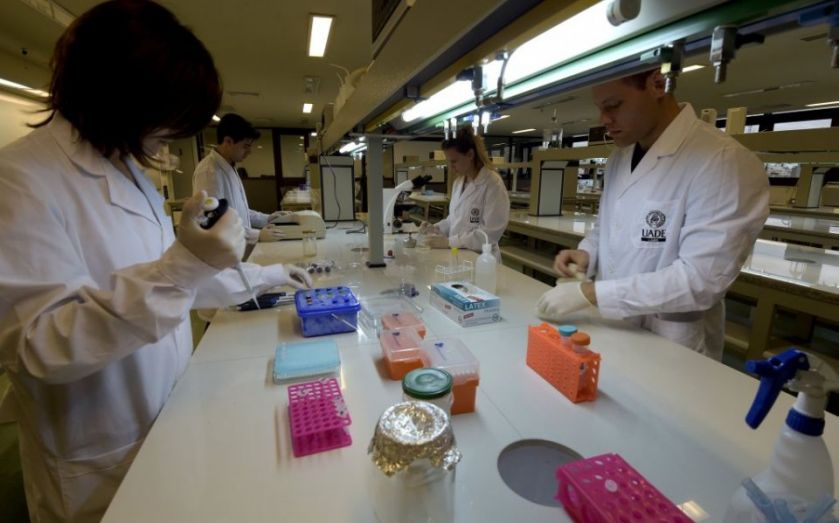The UK’s biotech drain: This is why London’s most successful startups are heading to New York

There's a mass migration taking place across the Atlantic right now. Each year, many of the UK's best biotech firms are choosing to leave and head to New York, where they can benefit from wealthy investors throwing their money at Nasdaq.
“There's a huge flow of companies going to the US because that's where the capital is,” Sophie McGrath, biotech adviser and partner at Brown Rudnick, tells City A.M.
“It has nothing to do with the quality of the industry over here – it's entirely so they can have access to more funding.”
Biotech has boomed in the US in recent years, attracting an impressive number of institutional investors, and Nasdaq's biotech index has outperformed a lot of other sectors as a result. The same can't be said for Europe, leaving London as sloppy seconds for many companies looking to go public.
Almost 40 small life science companies listed on Nasdaq Biotechnology last year, raising around $3bn (£1.9bn). Among the companies that went public were Oxford Immunotec and GW Pharmaceuticals – two of the UK's most innovative biotech firms.
Lombard Medical, an Oxford-based medical device company, raised $55m (£35m) on the index when it moved across from London's Alternative Investment Market last April. Its value has since climbed to $67m (£43m).
“There just isn't the same level of financial backing so it makes it difficult for them to grow and scale as quickly as in US,” explains McGrath. “Europe's biotech sector has not had the same fuss made over it as in the US.”
If this continues long term, there will be implications for the UK's economy that go beyond the production of the best new health technologies: “Having these companies remain in the UK encourages growth of the industry in the UK, which has knock-on effects on economic activity, such as job creation.”
According to McGrath, a major problem for the UK is that although it is committed to funding and growing startups, which in itself is essential for driving the economy, it pays less attention to the more developed biotech companies keen to grow and expand.
All the investment in startups is good, but a piece of the bigger picture is missing. What happens next, to ensure that these companies receive £20m or £30m in investment when they need it? And the stage after that, when they need hundreds of millions? Without having public investment to provide this, they see Nasdaq as the obvious next step.
This also isn't helped by the lack of continuity found in Europe, in terms of the services biotech companies offer: “The US market for healthcare is homogeneous, whereas in Europe it is fragmented, with many different ideas about how healthcare should be offered. This makes it harder for companies to sell their products here.”
A time for investment
To stop companies looking for a US exit strategy, McGrath says it is important to find more public investment to give them.
Some steps are already being taken to achieve this – earlier this month, London Mayor Boris Johnson put forward plans for a £10bn fund to boost investment in life sciences, specifically to help London compete with New York’s biotech sector.
Among other ideas to help fill the funding gap, he is considering introducing a multi-billion-pound pool of equity and debt finance, which could be tapped by emerging life-science companies.
UK investor Neil Woodford has also been trying to drive the industry forward – he recently launched a £700m biotech fund called the Woodford Patient Capital Trust, which will take stakes in private and public biotech companies in the US and UK.
“There's always concern when you see a constant flow of good companies leaving the UK,” says McGrath. "People are finally starting to understand what do we need to do to encourage these companions to stay.”